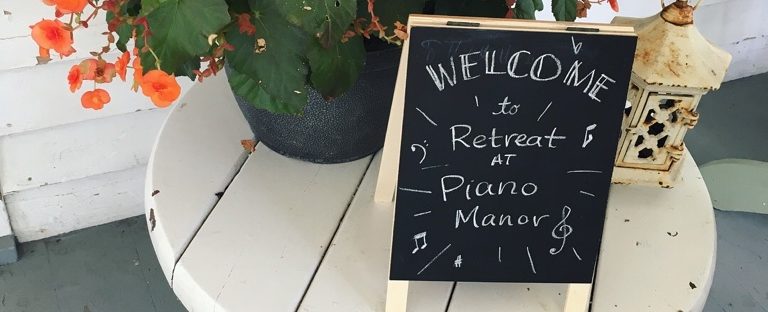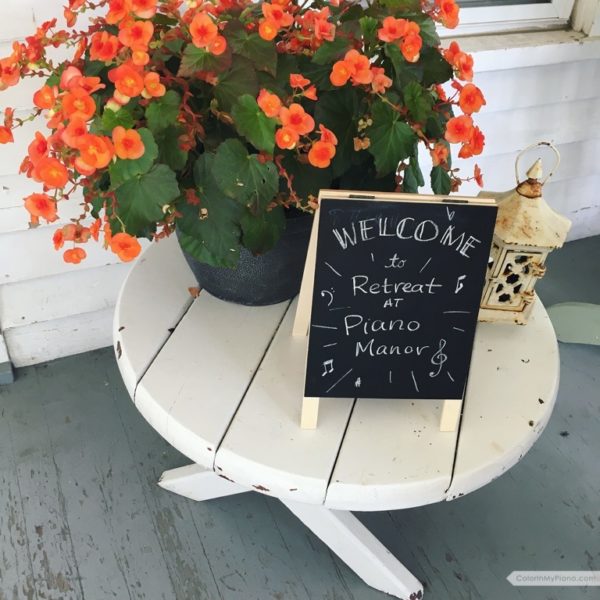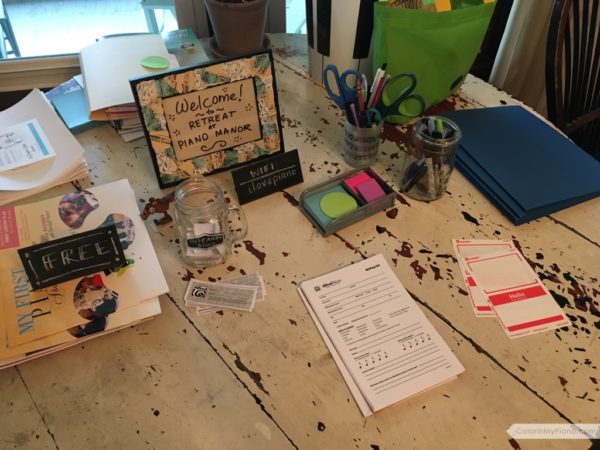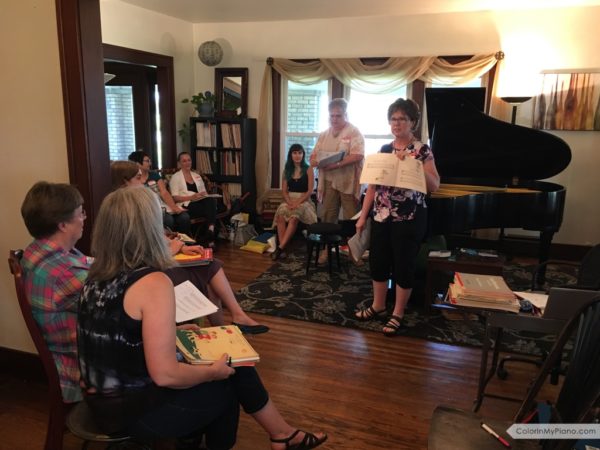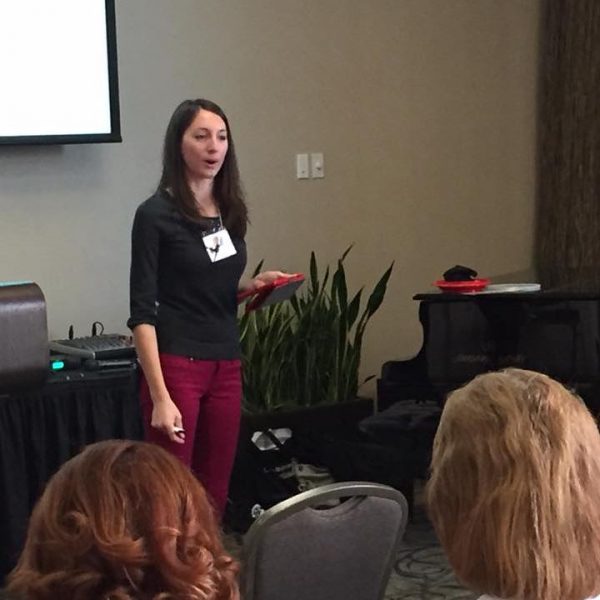 There was once a time when public speaking was entirely unappealing to me. It’s funny how things can change! I now know that public speaking is not that scary. 🙂 And I’ve always loved the process of researching a given topic and figuring out how to synthesize and organize the information. So, over the past few years, I’ve enjoyed being a presenter for various music teachers association meetings and conferences.
There was once a time when public speaking was entirely unappealing to me. It’s funny how things can change! I now know that public speaking is not that scary. 🙂 And I’ve always loved the process of researching a given topic and figuring out how to synthesize and organize the information. So, over the past few years, I’ve enjoyed being a presenter for various music teachers association meetings and conferences.
Now that the school year is wrapping up, I thought it’d be fun to take a look at the presentations I had the privilege of giving this year.
Over the summer, my buddy Amy Chaplin and I created a presentation for teachers new to Edwin Gordon’s Music Learning Theory (MLT). (Remember when Amy and I took our MLT certification training together back in 2016?) We first presented it for my local MTNA chapter, the Wood-Ottawa Counties MTA, here in Ohio in September. Then, we presented it again in Amy’s home state for the 2017 IndianaMTA state conference in Marion, Indiana. I’m proud of how our presentation turned out, and I hope we can present it more in future years!
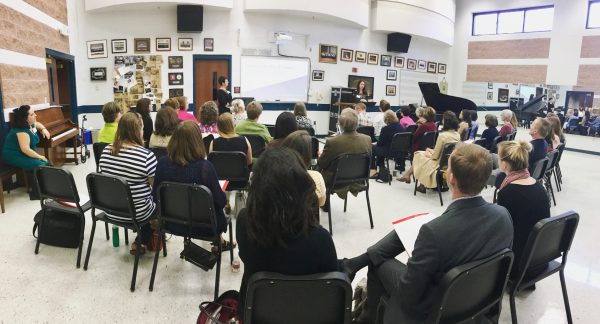
Our session is titled: “Teaching the Way We Learn: Applications of Gordon’s Music Learning Theory”.
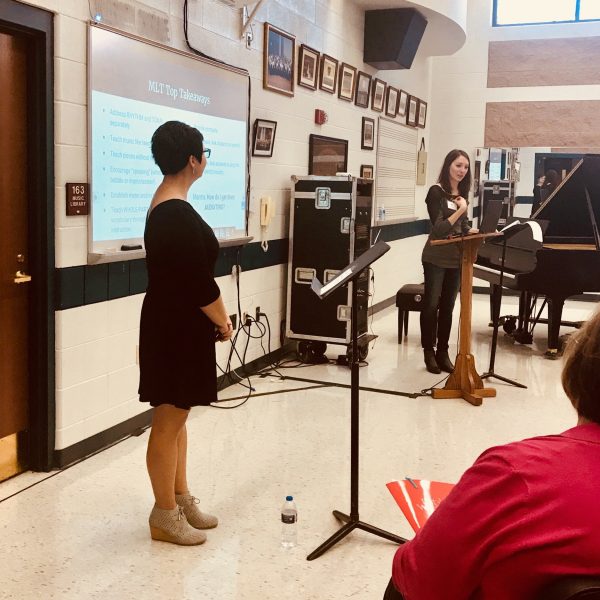
In October, I presented a presentation entitled: “Grounded in the Beat: Cultivating the Seeds of Rhythmic Fluency” to my state conference, for the 2017 OhioMTA State Conference in Van Wert, Ohio. This presentation discusses cultivating rhythm from an MLT-based perspective in our students. Continue reading “Looking Back: 2017-2018 Speaking Engagements”


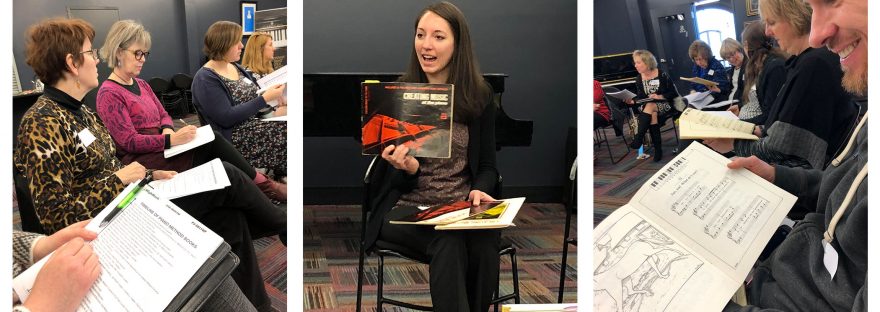
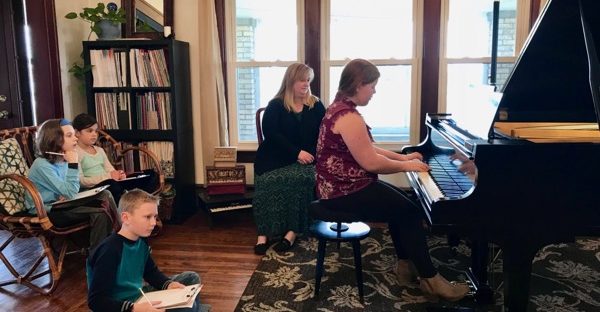
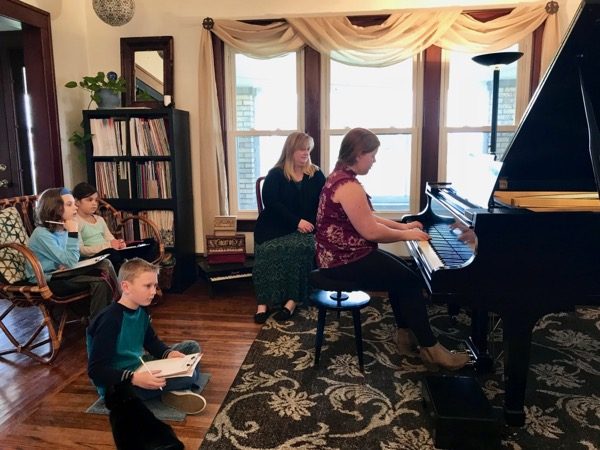
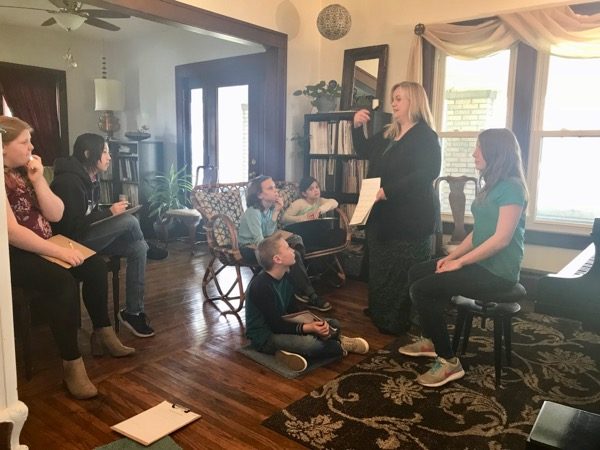
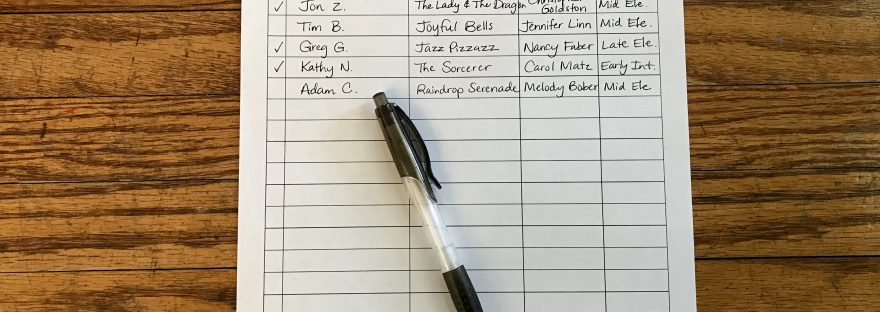
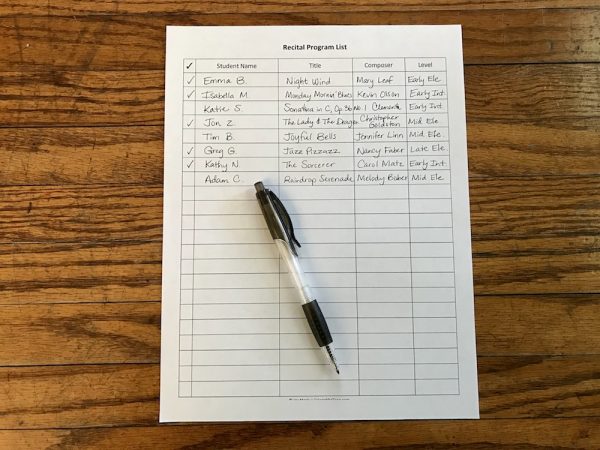

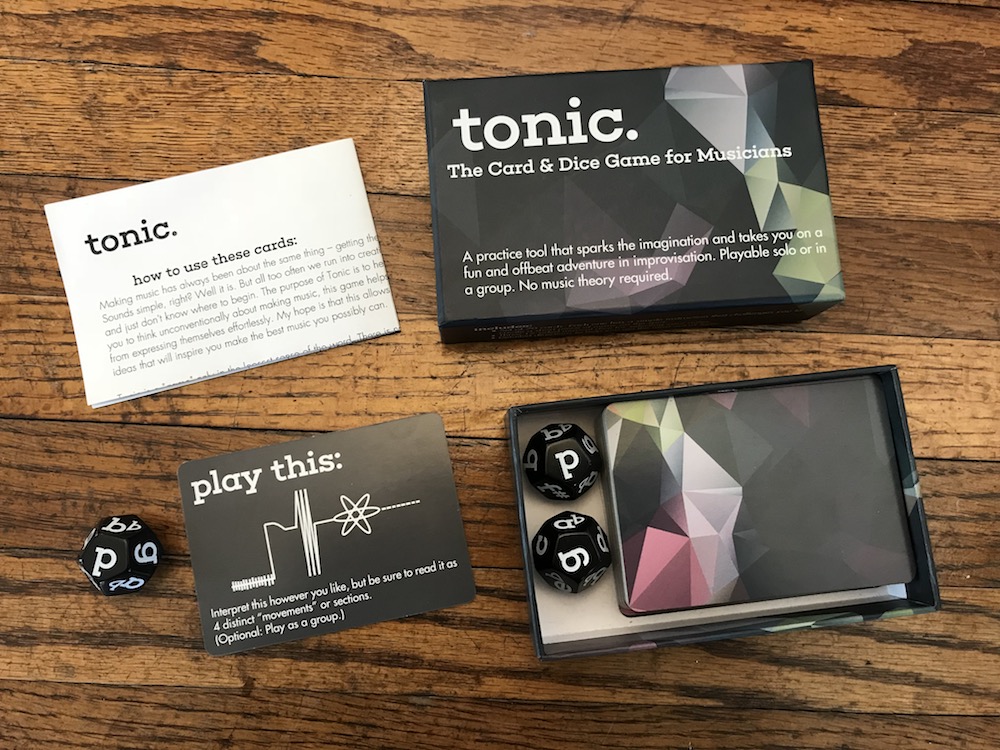

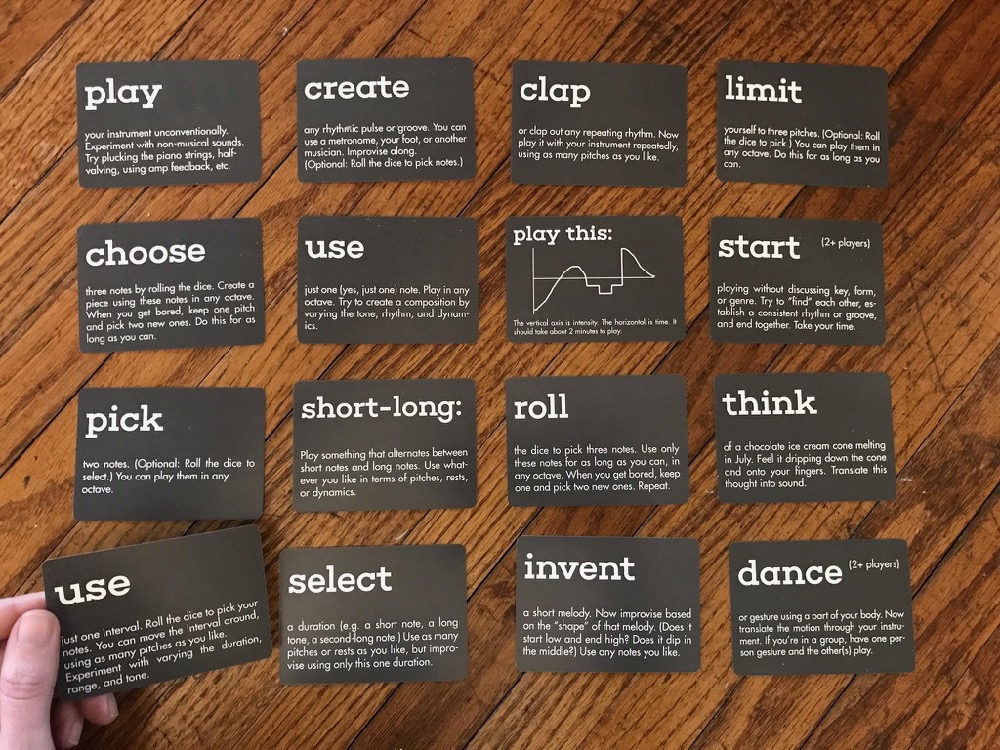
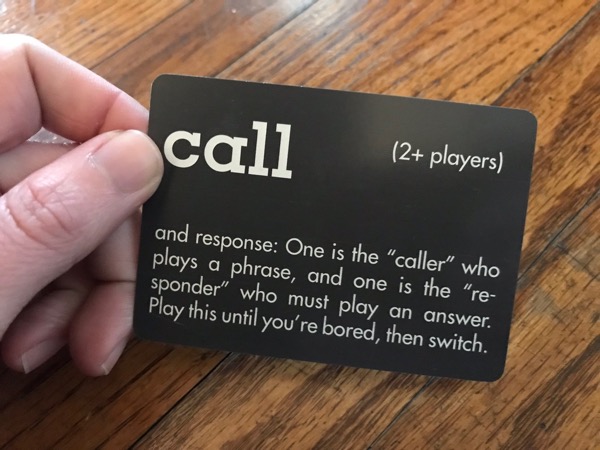
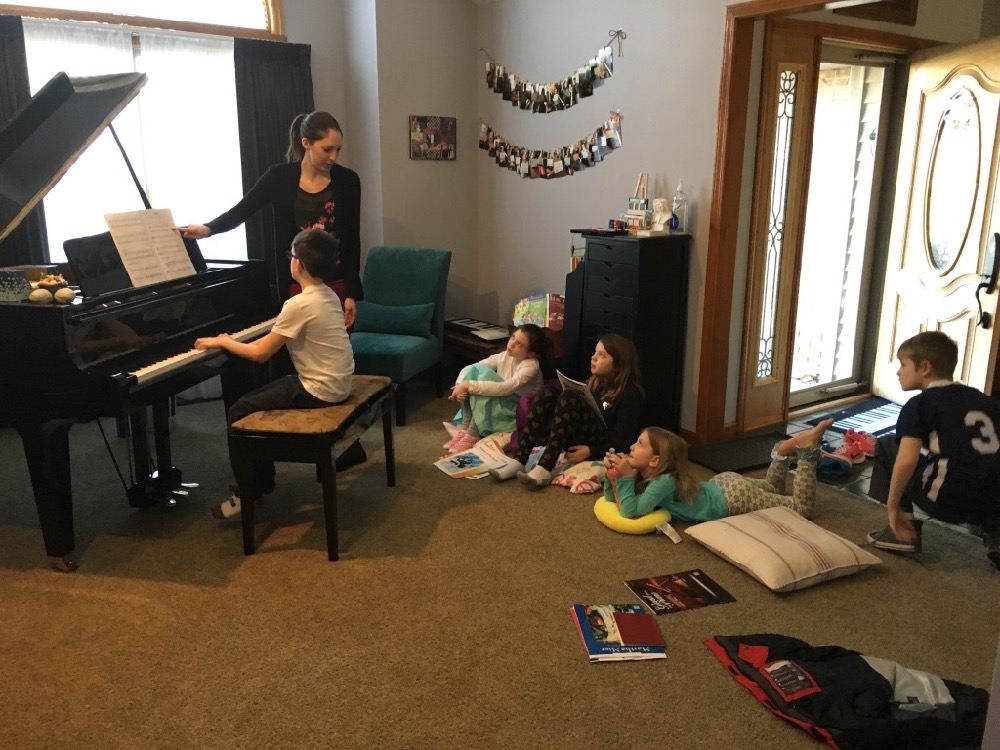

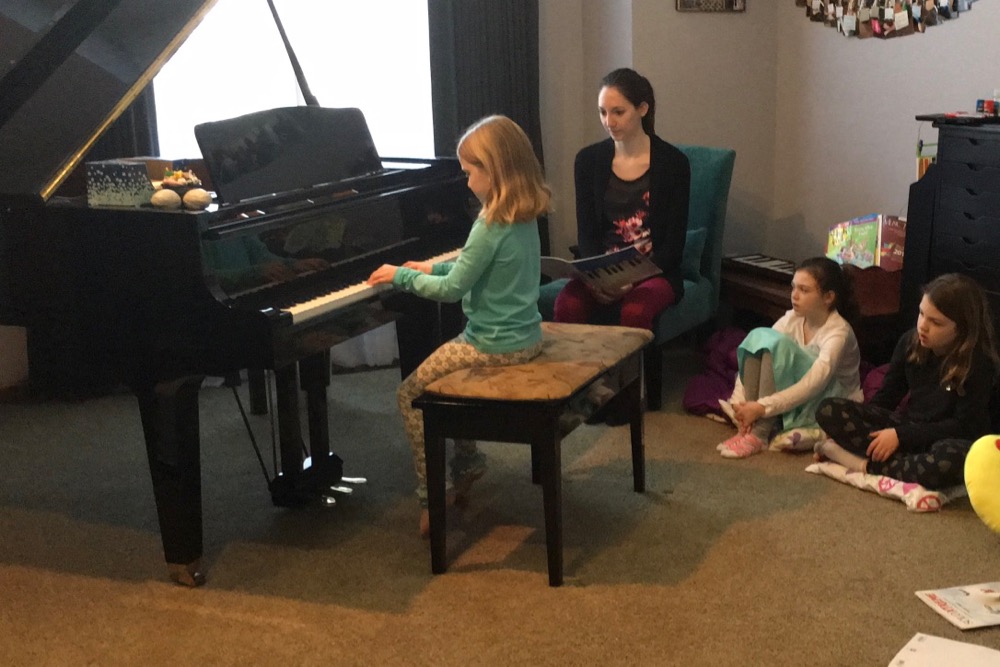


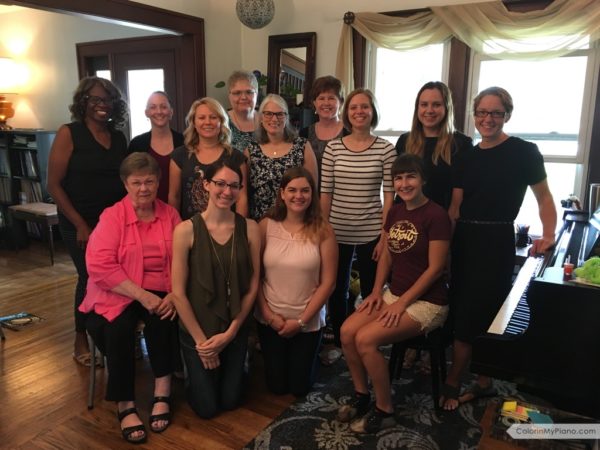
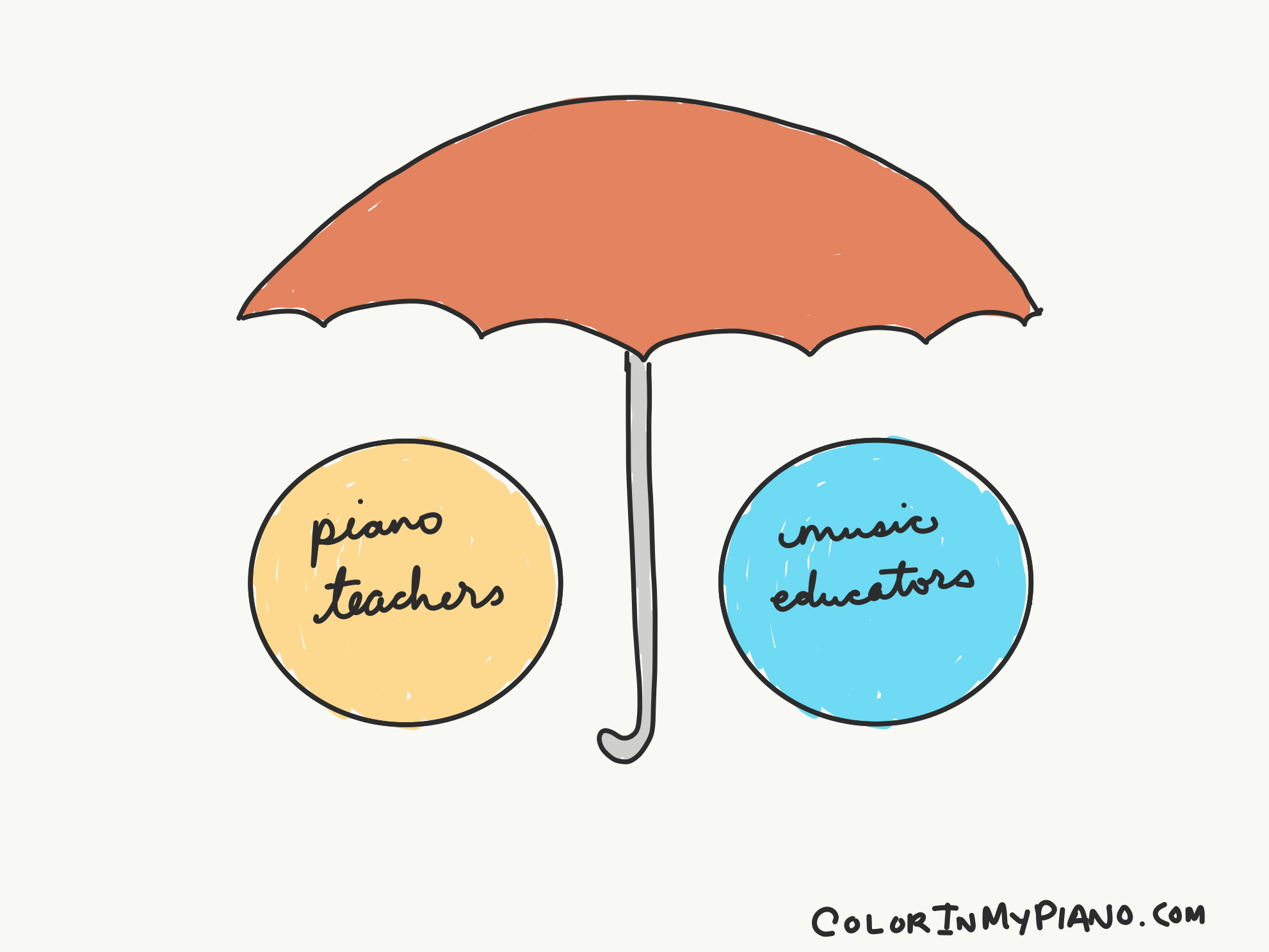
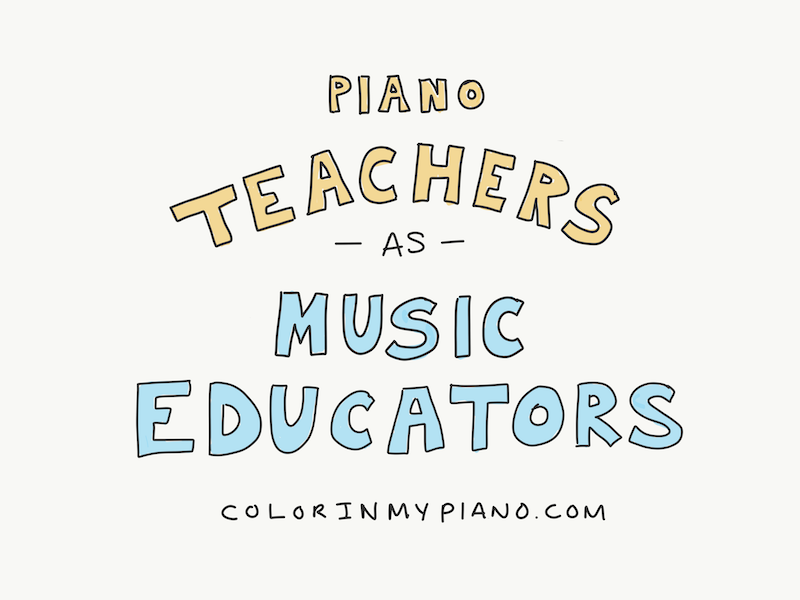

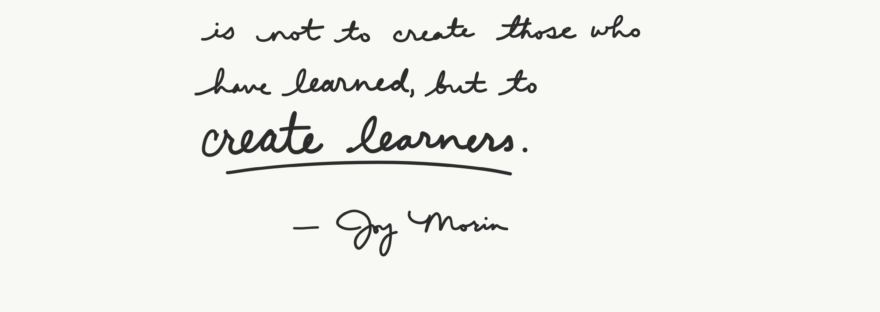
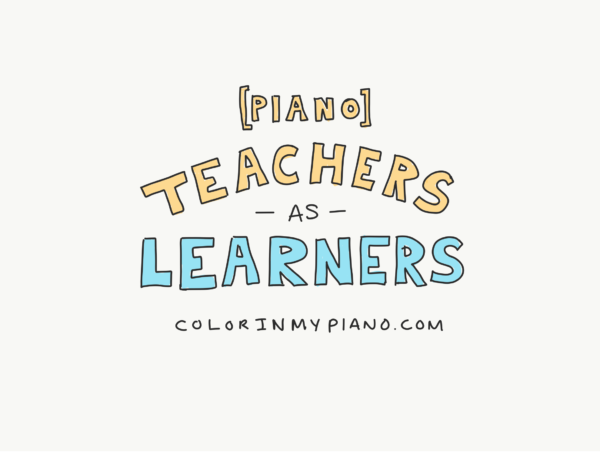
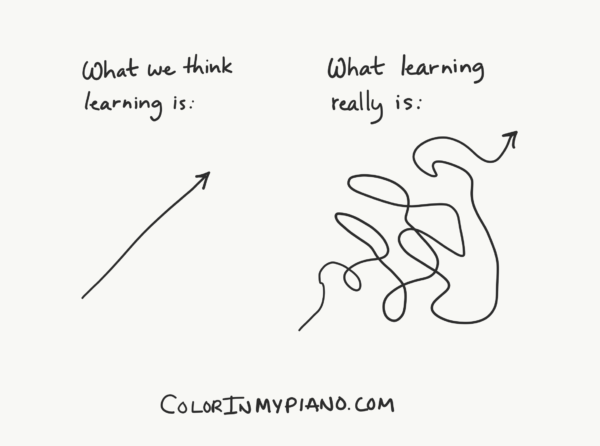
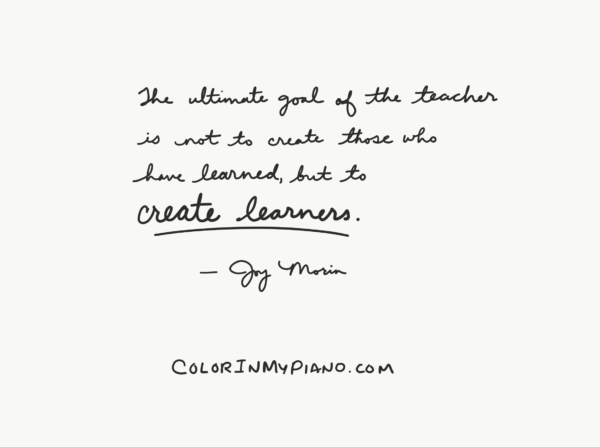
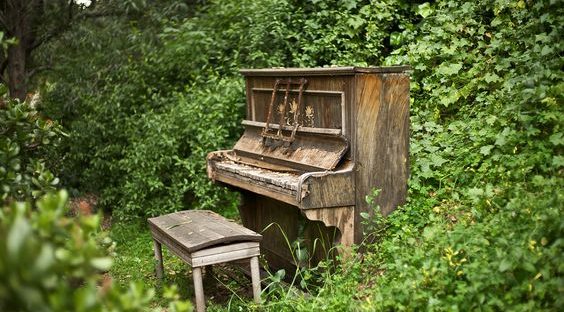

 Today, I have a thought experiment to present to you. If you could somehow magically have the life of your dreams, what would your piano teacher life look like?
Today, I have a thought experiment to present to you. If you could somehow magically have the life of your dreams, what would your piano teacher life look like?